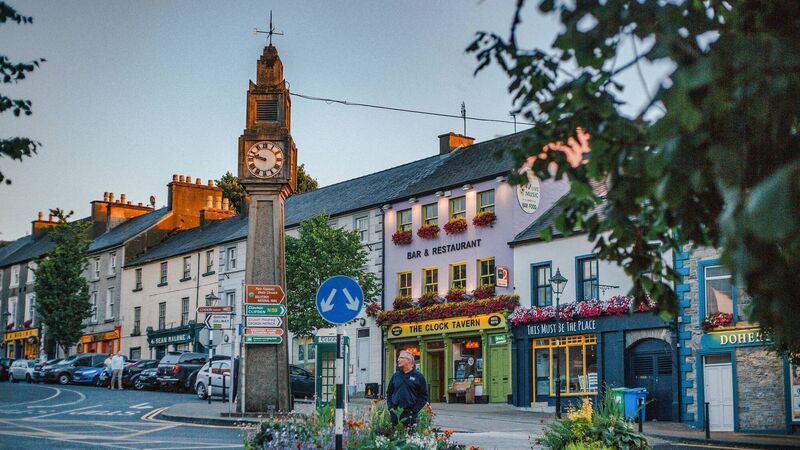Eoghan O'Mara Walsh: Government must tread very carefully with short term letting legislation

'Such a policy would devastate tourism towns from Westport to Killarney to Kinsale,' writes Mr O'Mara Walsh.
With the hospitality Vat rate rise last year and a spending cut this year, recent decisions from the Government have not been kind to the Irish tourism industry.
And if the Government wants to avoid causing further damage, then it needs to have a serious conversation about impending short term rental legislation that risk decimating self-catering properties and Airbnbs right around the country.











